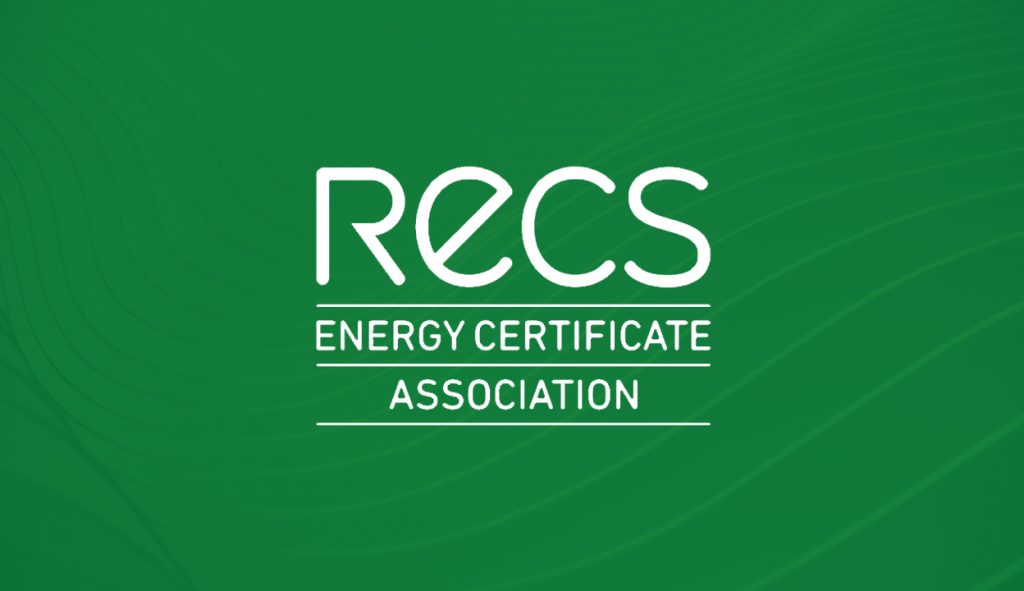RECS International has been following the case between Alands Vindkraft AB and the Swedish Energy Agency (Energimyndigheten) for quite some time. The local Swedish court recently asked input from the European Court of Justice (ECJ). The ECJ has now officially issued a case number in response to this request from the Swedish court.
The case number, C-573/12, presents a number of questions presented to the ECJ on behalf of the Swedish Courts.
These questions are presented below:
1. The Swedish electricity certificate system is a national support scheme which requires electricity suppliers and certain electricity users in the Member State to purchase an electricity certificate, corresponding to a certain share of their sales or use, without there being a specific requirement also to purchase electricity from the same source. The electricity certificate is issued by the Swedish State and is proof that a certain amount of renewable electricity has been produced. The producers of electricity obtained from renewable sources receive, by the sale of the electricity certificate, extra revenue as an additional income from its production of electricity. Are Article (2(k)) and Article 3(3) of Directive 2009/28/EC of the European Parliament and of the Council of 23 April 2009 on the promotion of the use of energy from renewable sources and amending and subsequently repealing Directives 2001/77/EC and 2003/30/EC (1) to be interpreted as meaning that they permit a Member State to apply a national support scheme as above, in which only producers situated in the territory of that country can participate and which has the result that those producers have an economic advantage over producers who cannot be issued with an electricity certificate?
2. Can a system such as that described in question 1 — in the light of Article 34 (TFEU) — be regarded as constituting a quantitative restriction on imports or a measure having equivalent effect?
3. If the answer to question 2 is affirmative, can such a system be compatible with Article 34 (TFEU) as regards the objective of promoting the production of electricity from renewable energy sources?
4. How is the consideration of the above questions affected by the fact that the restriction of the support scheme to include only national producers is not expressly governed in national law?
The official letter from the swedish court to the ECJ can be viewed here: English translation or the official swedish letter.

